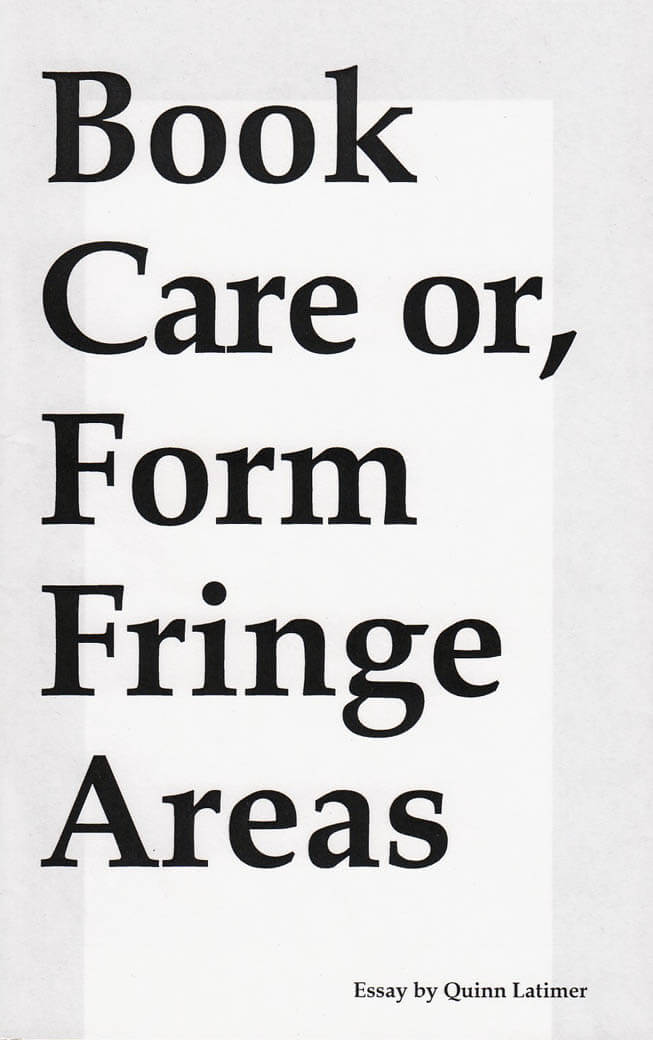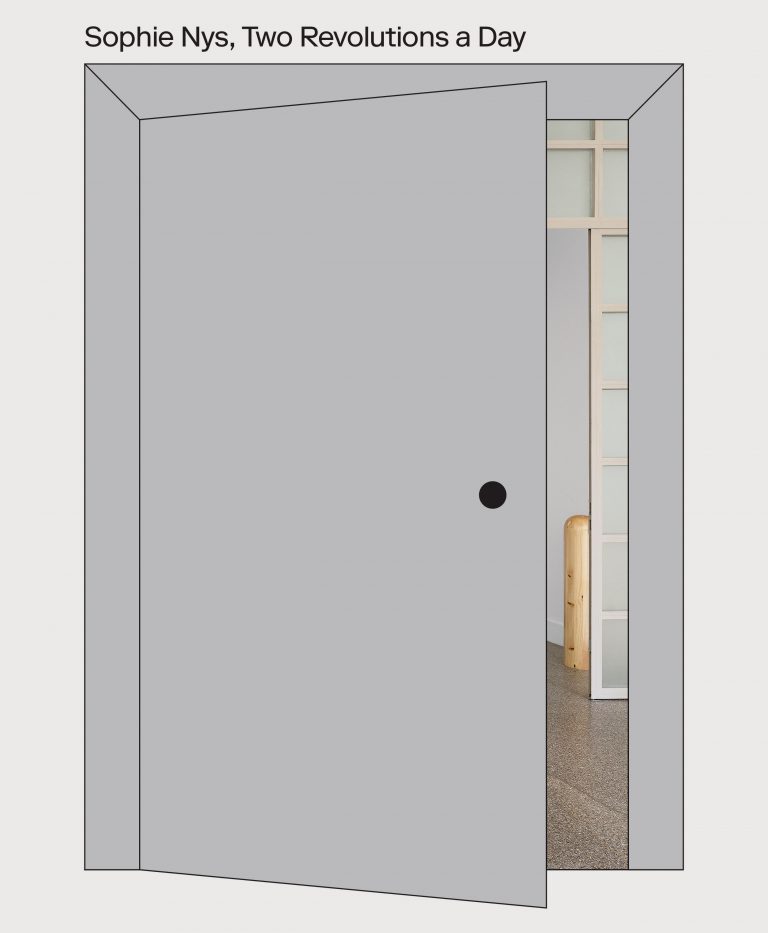
Best Book Don't Care Or, Poor Form From Fringe Areas
An essay on the forms or purposes of writing, books and libraries. Or as Quinn Latimer wrote: 'There is a relatively well-known workshop at Werkplaats Typografie, the school for design in Arnhem, Netherlands, called 'Best Books'. This past year the school asked the artist Sophie Nys to lead this course. In due time, Nys wrote König and asked if she might bring her students from the workshop to Cologne to discuss his work with books in the space of his own bookstore. She added that since he likely didn’t have enough chairs for all of her students, they would bring their own. König agreed. Then she asked her students to each pick their favorite book. They did so. Then she asked these students to design a chair inspired by that volume. An inspired idea. Strange—and useful. Thus 16 pieces of furniture suggested and elliptically inspired by specific books were built, a kind of living library of booklike creations, as another Walter might put it. The students went to see Herr König, stools in hand, their library entering his. I heard from Sophie in our email correspondence and singular Skype conversation that it was a wonderful visit. I even saw some pictures from that day. After the students returned to Arnhem, and for the final part of the project, they decided to make a publication. This is where I—and the text you are reading now—enter the picture, as they say.'
Language: English






